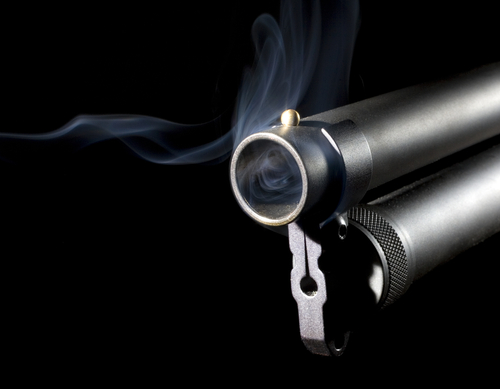From a birds-eye view, Cellular Accessories For Less, Inc. v. Trinitas, LLC appears to be a typical dispute between an employer and its former employee. However, a closer look reveals an issue new to the world of trade secrets—specifically, do LinkedIn contacts qualify as trade secrets? For now, they may: a federal judge in the Central District of California denied defendants’ motion for summary judgment last month, finding there were triable issues of material fact surrounding the question whether LinkedIn contacts were protectable trade secrets. READ MORE
New Strings Attached: LinkedIn Contacts Are Now Trade Secrets?











